Parliament is at the centre of a deepening storm after explosive allegations emerged that cash has been offered to sway legislative outcomes, sparking outrage and raising urgent questions about the integrity of Kenya’s lawmaking process.
The scandal broke when a tense committee session was abruptly disrupted by claims from MPs that money had changed hands in a bid to influence how members voted on sensitive bills. One legislator alleged that a senior political figure attempted to pay for his name to be removed from an opposition report, suggesting a wider pattern of financial inducements being used to manipulate the legislative agenda.
The chamber, already on edge over mounting political tensions, was thrown into chaos. Heated verbal clashes erupted between rival camps, with some lawmakers openly accusing their colleagues of betraying public trust. Proceedings were suspended as tempers flared, forcing House leadership to convene an emergency meeting behind closed doors.
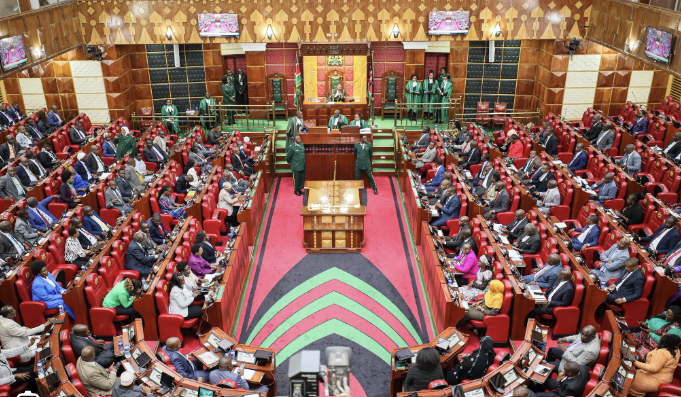
Witnesses inside Parliament described a scene of confusion, with members huddling in small groups, whispering over the potential fallout. The accusations have not only disrupted normal business but have also cast a shadow over recent legislative victories, which now face scrutiny amid fears they may have been influenced by backroom deals.
Political analysts warn that the claims could trigger one of the most serious credibility crises the institution has faced in years. If confirmed, the scandal would point to a dangerous erosion of parliamentary independence, where votes are no longer guided by conscience or national interest but by financial transactions.
Civil society groups have reacted strongly, demanding a full investigation and the immediate suspension of any MPs implicated. They argue that such practices, if left unchecked, will set a dangerous precedent that weakens democracy and undermines public confidence in governance.
The leadership of the House is under immense pressure to act swiftly. Calls are growing for transparent inquiries, not only into the latest allegations but into the broader culture within Parliament that may have allowed such practices to take root. Some opposition MPs have already signalled plans to table a motion compelling the formation of a special investigative committee.
For now, the corridors of Parliament remain tense. The accusations have exposed deep divisions within the political class and raised fears of escalating mistrust between government and opposition lawmakers. With the public watching closely, the handling of this crisis will determine whether Parliament can salvage its reputation—or sink deeper into a crisis of legitimacy.




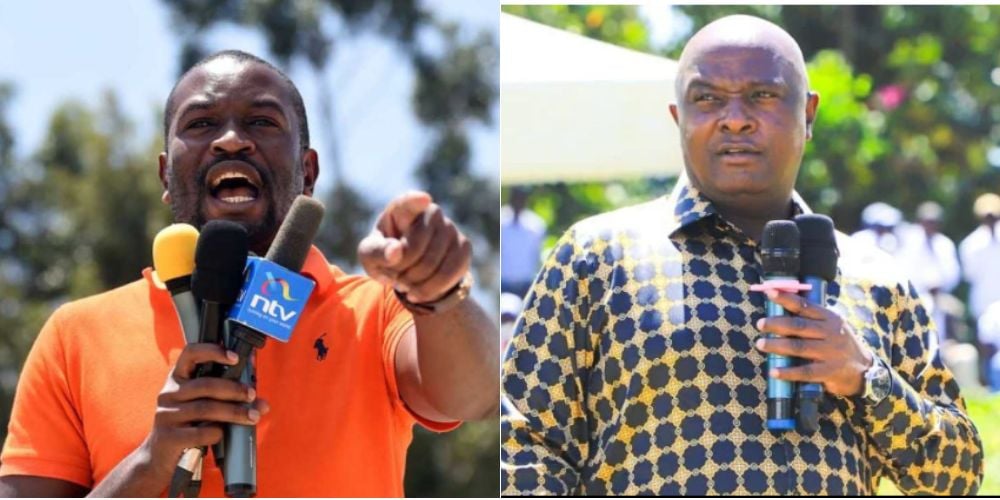
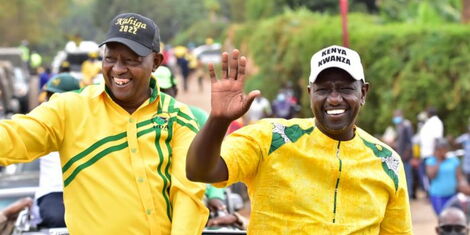
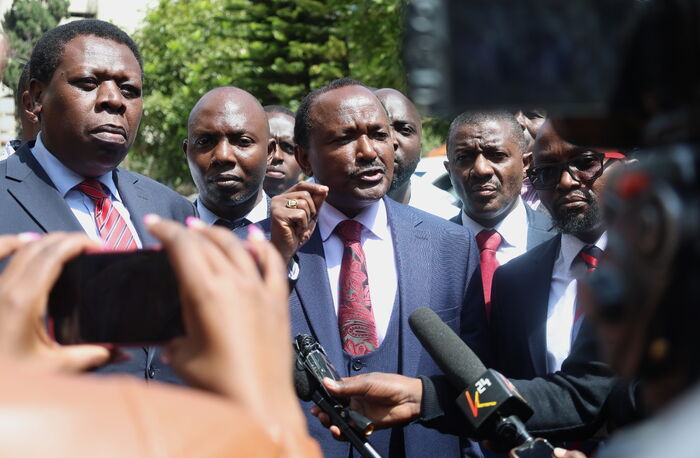
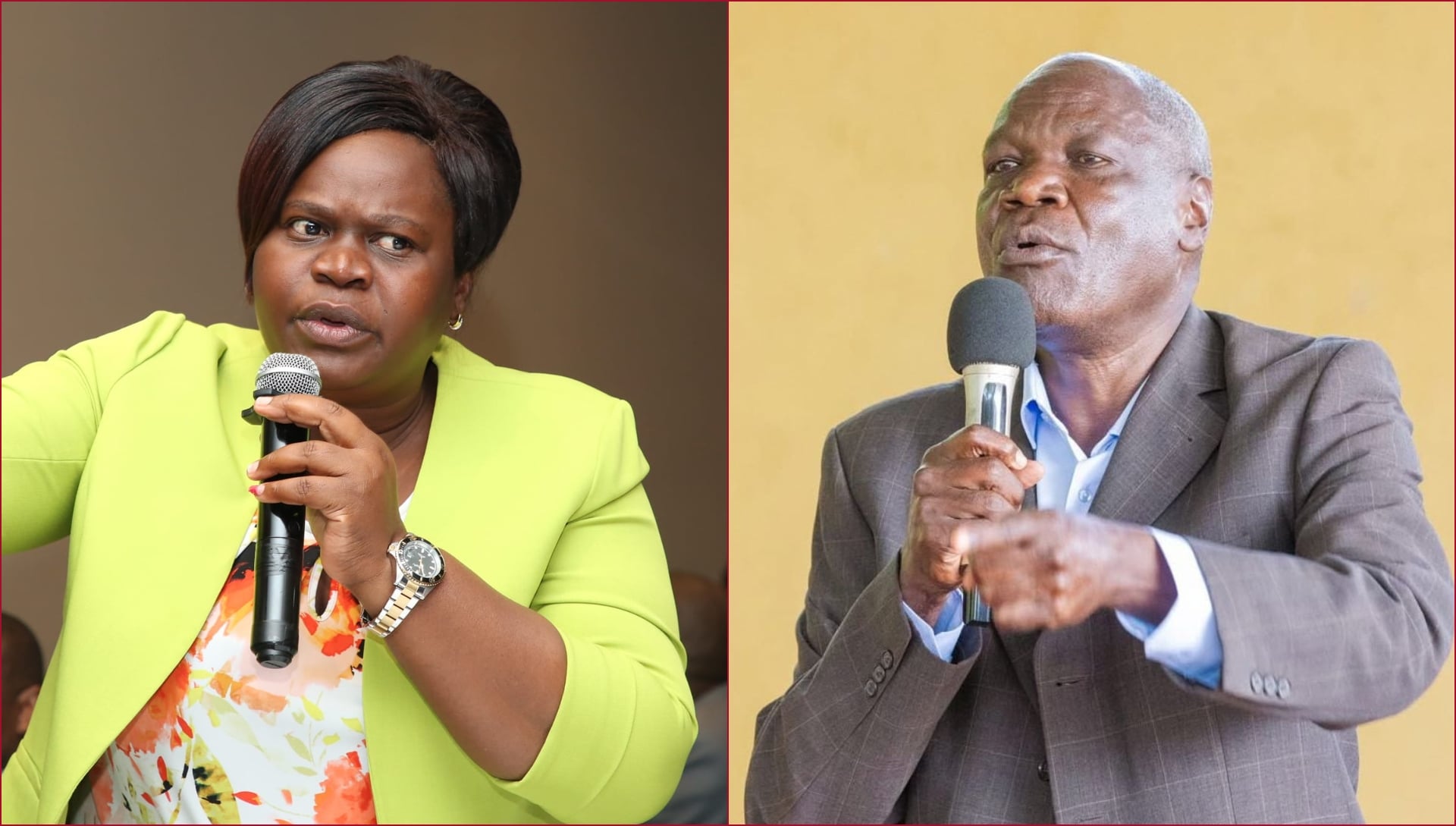
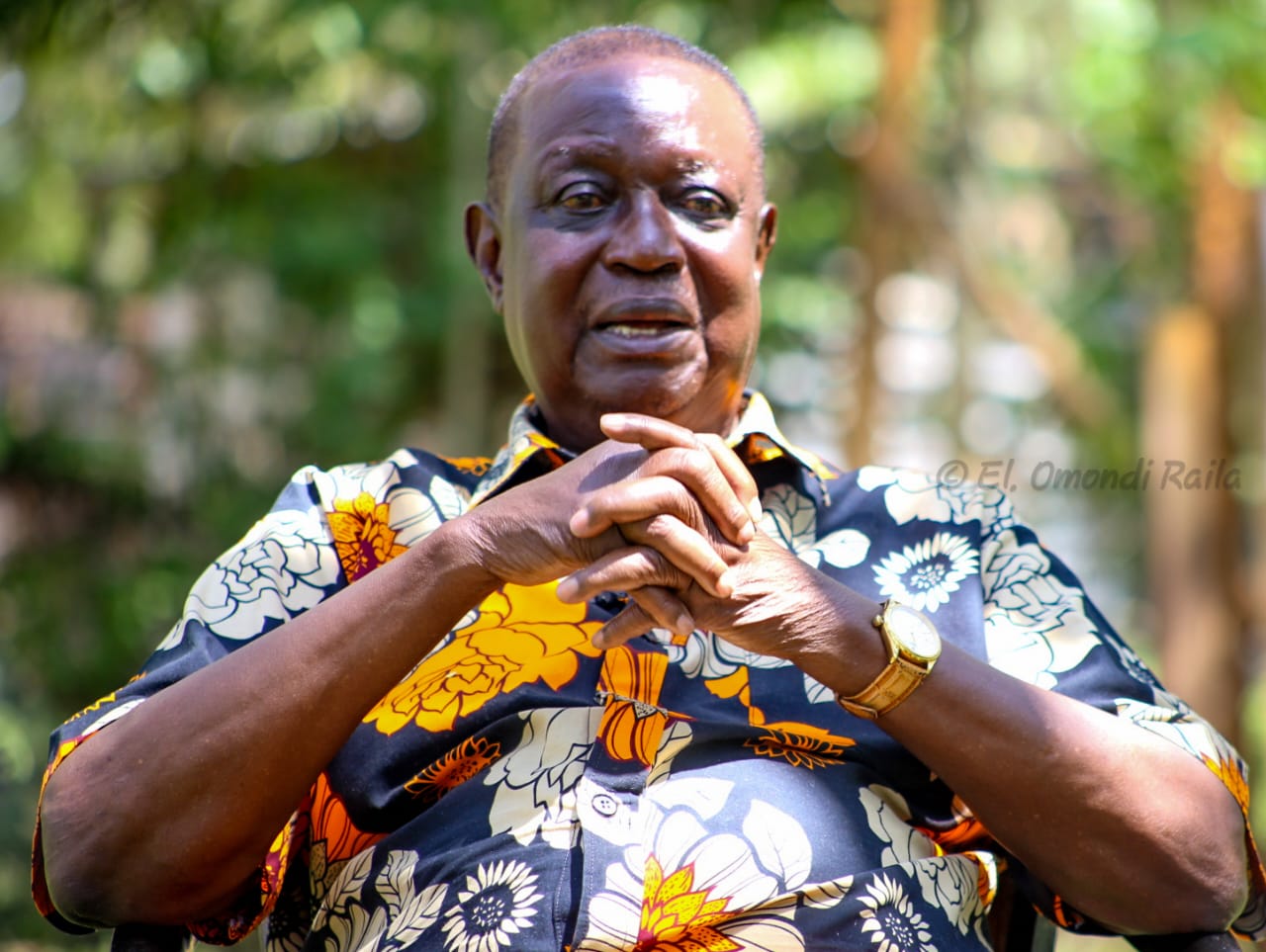
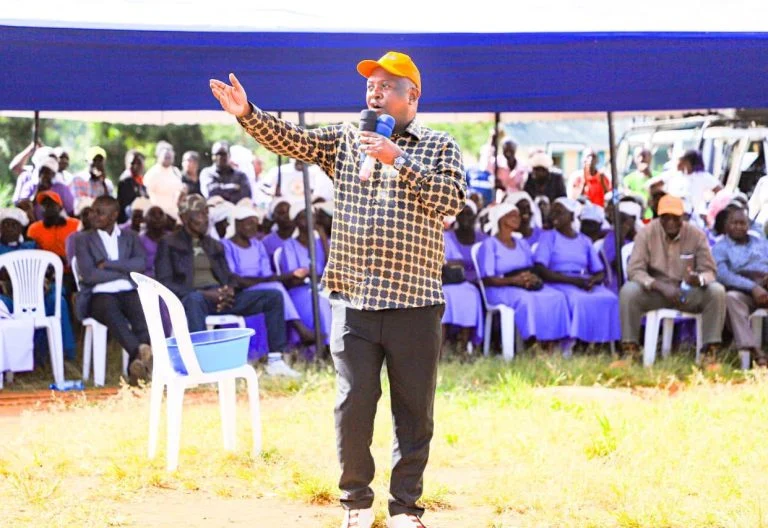
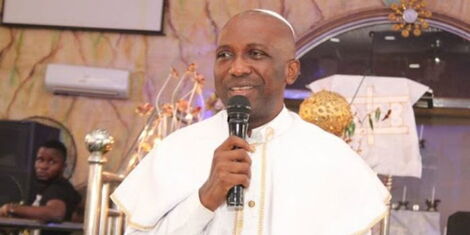
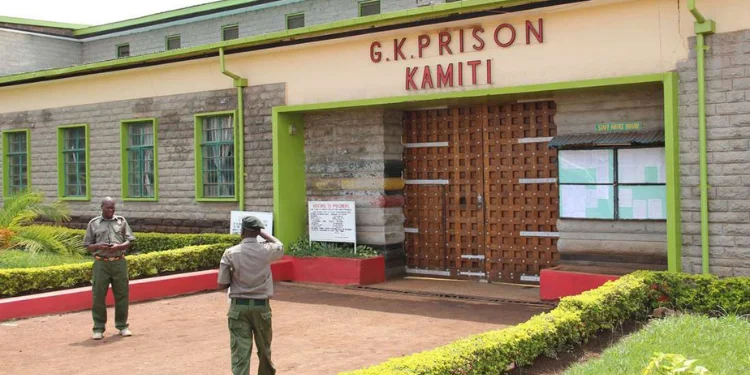

Leave a Reply